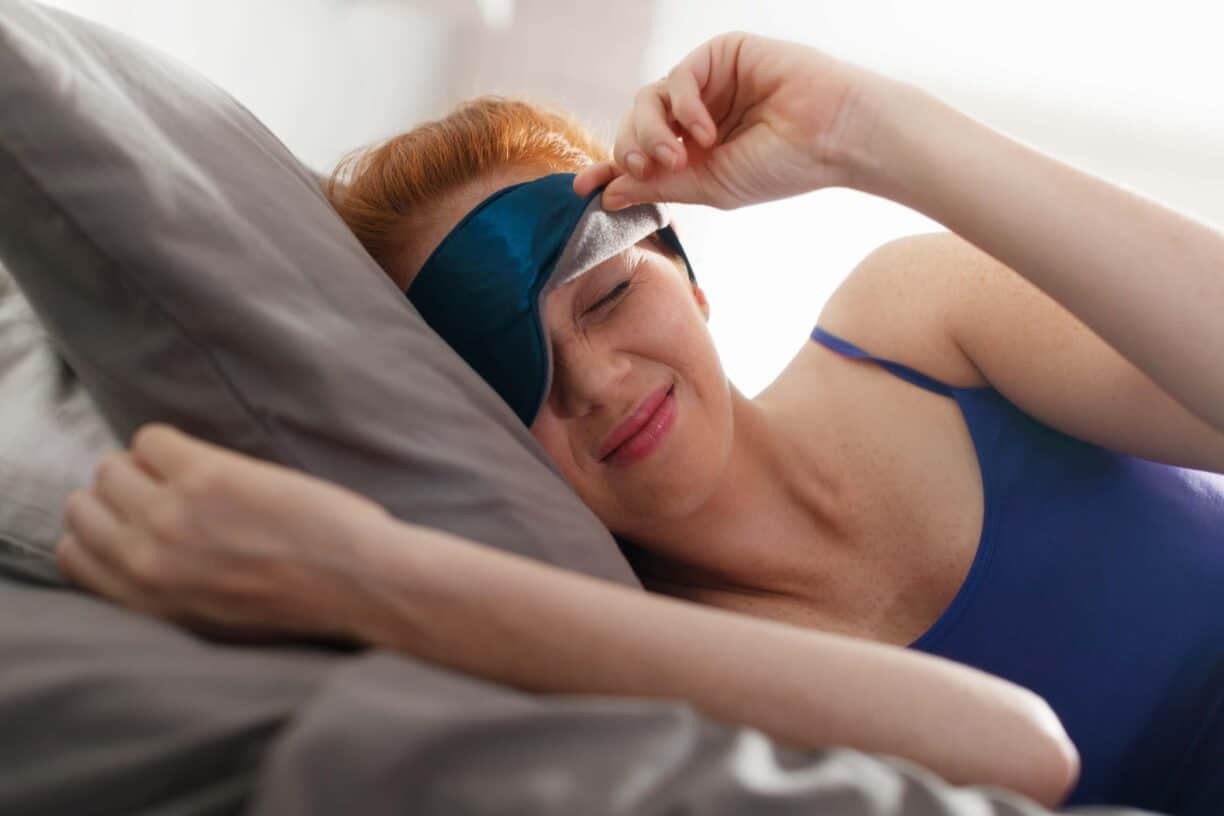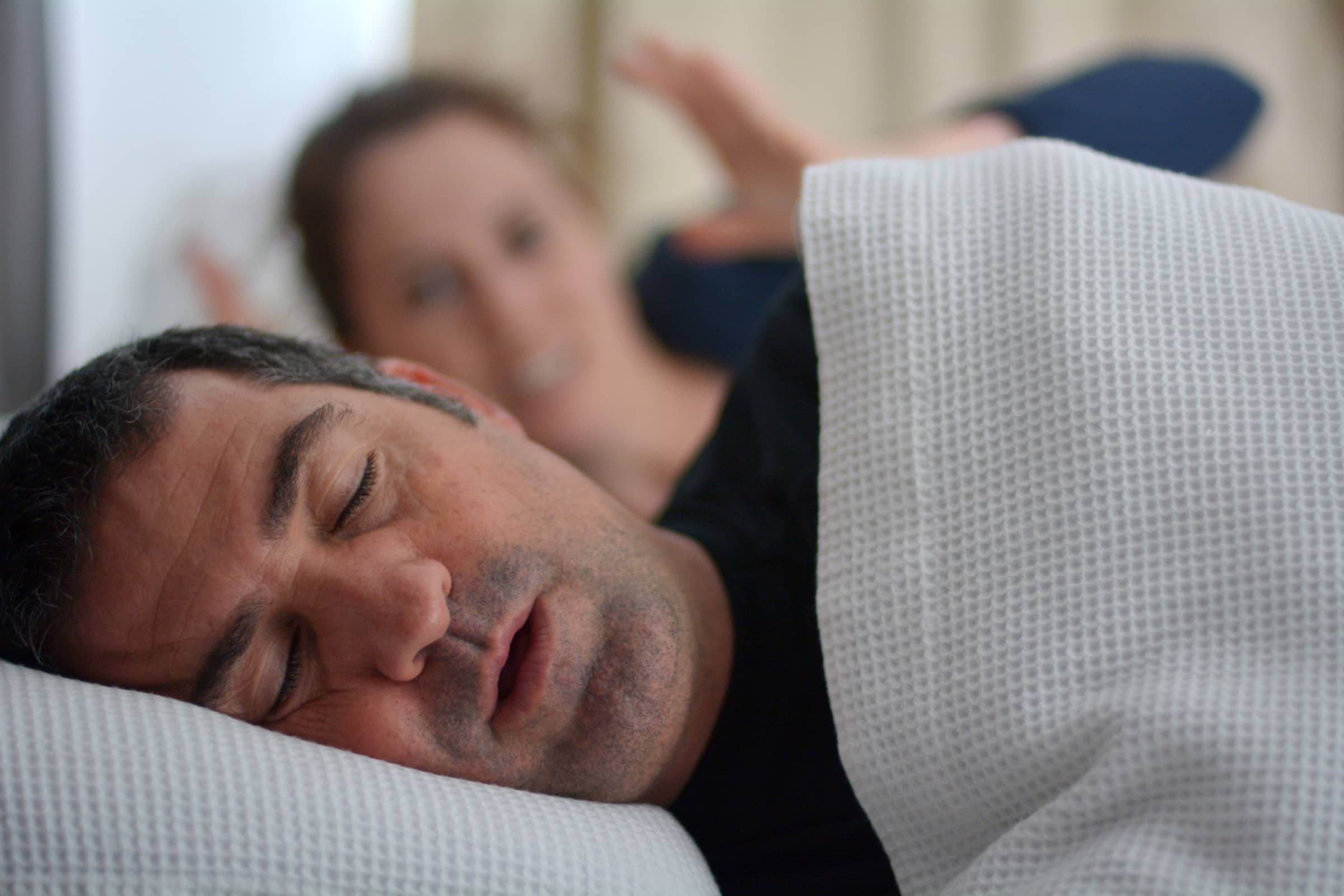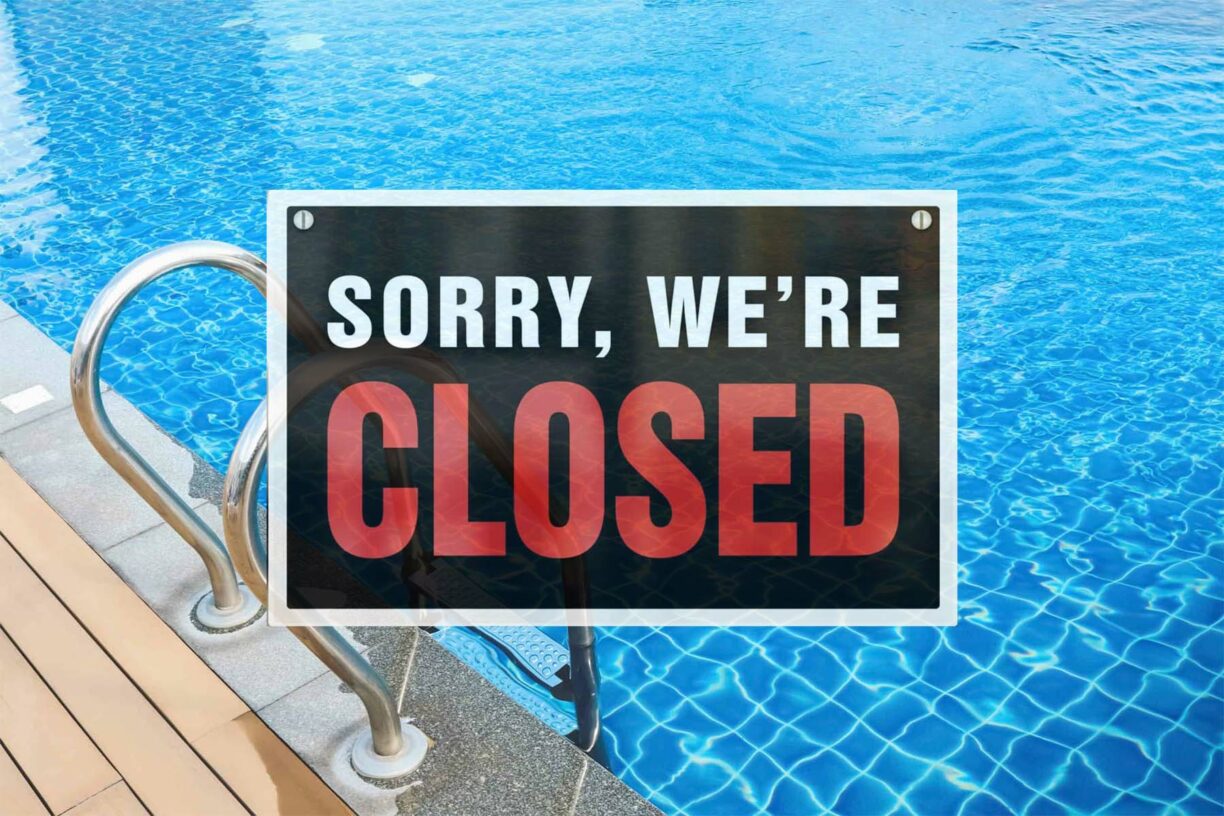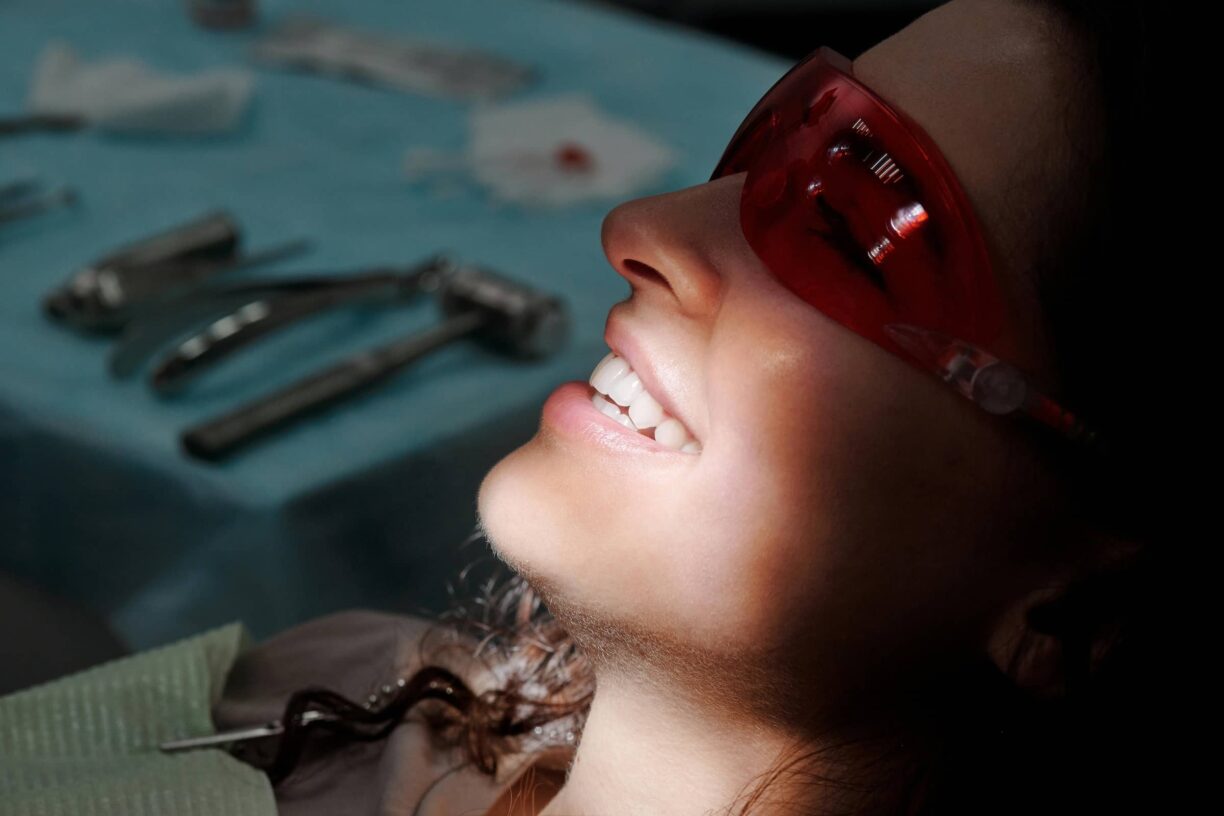A recent study has highlighted the sleep issues the UK public is most concerned about, according to their online search habits.
The analysis undertaken by bedroom furnishings experts Bed Kingdom focussed on Google search volume data for common sleep disorders such as Insomnia, Narcolepsy, Restless Legs Syndrome (RLS), and Sleep Apnea to identify the most frequently searched conditions across the UK. The study also considered related search terms, including “treatment,” “therapy,” and “diagnosing,” to reveal the most queried conditions/disorders.

The most common sleep issue affecting the UK public is sleep apnea, which receives an average of 147,253 Google searches each month. The medical condition, which causes sufferers to stop and start breathing during the night repeatedly, is estimated to affect up to ten million people nationally.
Sleep apnea was the most searched-for sleeping condition in 72 out of the 73 UK cities analysed, including London, Manchester, and Glasgow.
Some common symptoms of sleep apnea are loud snoring, periods during sleep where breathing stops (often reported by a family member or partner,) and gasping for air during sleep.
Insomnia is the second most searched-for sleep issue in the UK, with 112,215 Google searches each month.

Affecting an estimated one in three people, insomnia leads to difficulty in getting to or staying asleep.
Insomnia was the most searched-for sleep condition in Derby and appeared in the top five searches in every city, with the most searches coming from Leeds, Birmingham, and Liverpool.
Restless Legs Syndrome (RLS) is the third most searched-for sleep issue in the UK, with 90,696 searches each month across the United Kingdom.
This disorder causes an uncomfortable sensation that generates the uncontrollable urge to move the legs and can make long flights or even a trip to the cinema a stressful situation.
RLS appeared in the top five most searched-for conditions across all 73 UK cities analysed, with cities such as Derry, Carlisle, and Leeds contributing the highest number of searches.
Sleep Paralysis is ranked fourth as the most searched-for sleep condition in the UK, with 66,576 searches across the UK on average each month.
Sleep Paralysis is a condition often characterised by the terrifying inability to move upon falling asleep or waking. It’s thought it’s caused by disrupting the transition between REM sleep and wakefulness.
Sleep Paralysis appeared in the top five searches in all 73 UK cities analysed, with the highest volume of Google search traffic coming from Coventry, Leicester, and Bradford.
Narcolepsy is the UK’s fifth most searched sleep condition, with 43,564 searches on average each month.
The condition that causes people to fall asleep suddenly appeared on every city’s top five most searched for sleep disorders and received the highest number of searches for terms which included ‘Narcolepsy symptoms’ and ‘what is narcolepsy’ from Edinburgh, Sheffield, and Newcastle.
Jet lag places sixth and receives 32,564 searches each month on average. Of the 73 cities analysed in this study, jet lag appeared in the top five most searched-for conditions in 48, where places like Croydon, Luton, and Walsall searched for terms such as ‘what is jet lag’ and ‘jet lag symptoms.’
Bruxism is the seventh most-searched-for sleep condition, where across the UK, 20,035 people are searching for terms such as ‘Bruxism treatment’ and ‘What is bruxism’ each month on average.
Bruxism, which involves involuntary grinding or clenching of the teeth, ranks in the top five most searched-for conditions in 16 cities, which include Wrexham, Lincoln, and Preston.
Night terrors are the UK’s eighth most-searched-for sleep condition and receive 17,937 Google searches each month from people across the UK.
This unpleasant condition affects an estimated 2% of the public (at least 1.34 million people). It is in the top five most searched-for conditions in nine cities, with the highest searches coming from Hereford, Mansfield, and Norwich.
Hypersomnia ranks ninth as the UK’s most searched for sleeping condition, accounting for 10,294 Google searches on average each month.
The condition, which causes sufferers to feel excessively tired during the day or sleep longer than usual at night, is most searched for in Bath, Salford, and Burnley.
Sleepwalking rounds off the top ten most searched-for sleep conditions in the UK, with 6,438 searches each month dedicated to this complex condition each month.
Sleepwalking can manifest in behaviours ranging from mundane activities to more unusual ones like eating, sexual activity, or, rarely, criminal acts, and is estimated to affect about 2% of adults, equating to approximately 1.34 million individuals.
The cities of Wigan, Worcester, and Exeter showed the highest interest in seeking information about this disorder, which is thought to be passed down through genes, where terms like ‘what causes sleepwalking’ and ‘sleepwalking in adults’ were the most searched.
The variety of these sleep disorders underscores the impact of modern life’s stressors on sleep health.
Balancing stress management with focused treatments for sleep disorders is essential for improving the nation’s sleep wellness.
Speaking on the findings, Ashley Hainsworth from Bed Kingdom commented: “While stress is a significant factor, it’s essential to recognise that sleep disorders can have diverse origins, from alcohol consumption to the type of bed you sleep in.
Overlooking this fact could lead to missed underlying health issues. It’s important to seek professional advice and treatment if you suffer from any of the sleep conditions mentioned in this study.”





